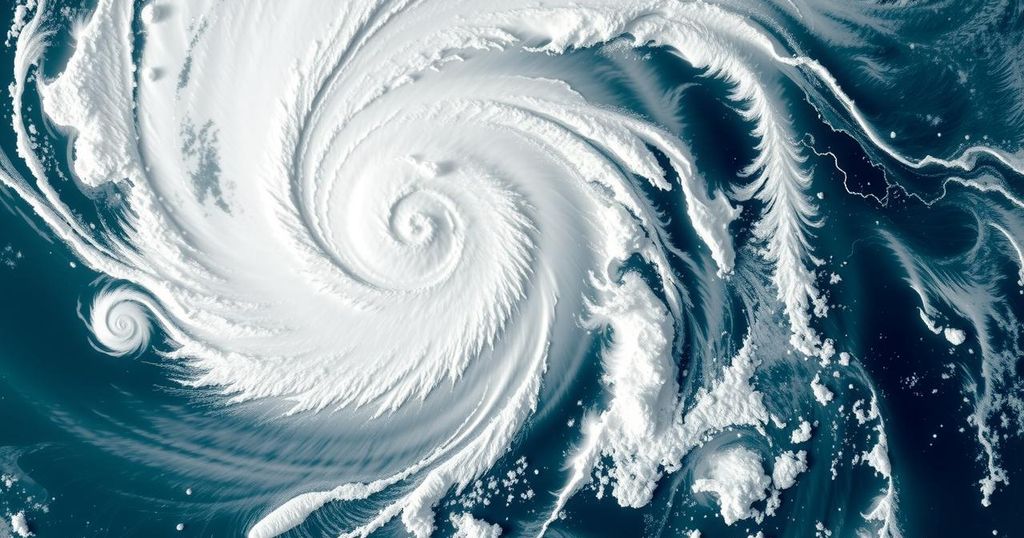The aftermath of Cyclone Chido has led to the rising number of affected individuals in Mozambique, with ongoing humanitarian efforts to address urgent needs despite resource challenges. Approximately 329,510 people across three provinces have been impacted, facing critical shortages in shelter, health services, and clean water access. Urgent replenishment of lost agricultural supplies is also needed to prevent increased reliance on external assistance.
This update details the continuing impact of Cyclone Chido in Mozambique, with the affected population growing as response teams broaden their reach. Currently, an estimated 329,510 individuals across Cabo Delgado, Nampula, and Niassa provinces have been severely impacted, with significant damages to infrastructure including housing, health facilities, and water systems. Humanitarian efforts are underway to meet urgent needs for shelter, food, and health services, despite challenges posed by resource limitations and escalating vulnerabilities due to the onset of the rainy season.
Cyclone Chido has devastated parts of Mozambique, particularly in the northern provinces of Cabo Delgado, Nampula, and Niassa. The cyclone’s winds and heavy rains have caused widespread destruction, leaving thousands without shelter and basic necessities. The National Institute for Disaster Management in Mozambique provides assessments indicating a significant number of families affected by the disaster, underscoring the need for immediate and effective humanitarian response to safeguard the health and well-being of these communities.
In conclusion, the situation in Mozambique following Cyclone Chido remains dire, with a substantial number of individuals affected and urgent needs to be addressed. Ongoing humanitarian responses aim to alleviate the suffering of the impacted communities, but challenges related to resource availability and the worsening rainy season could hinder effective support. Coordinated efforts are essential to provide critical assistance and rebuilding efforts for those impacted by this climatic disaster.
Original Source: reliefweb.int






